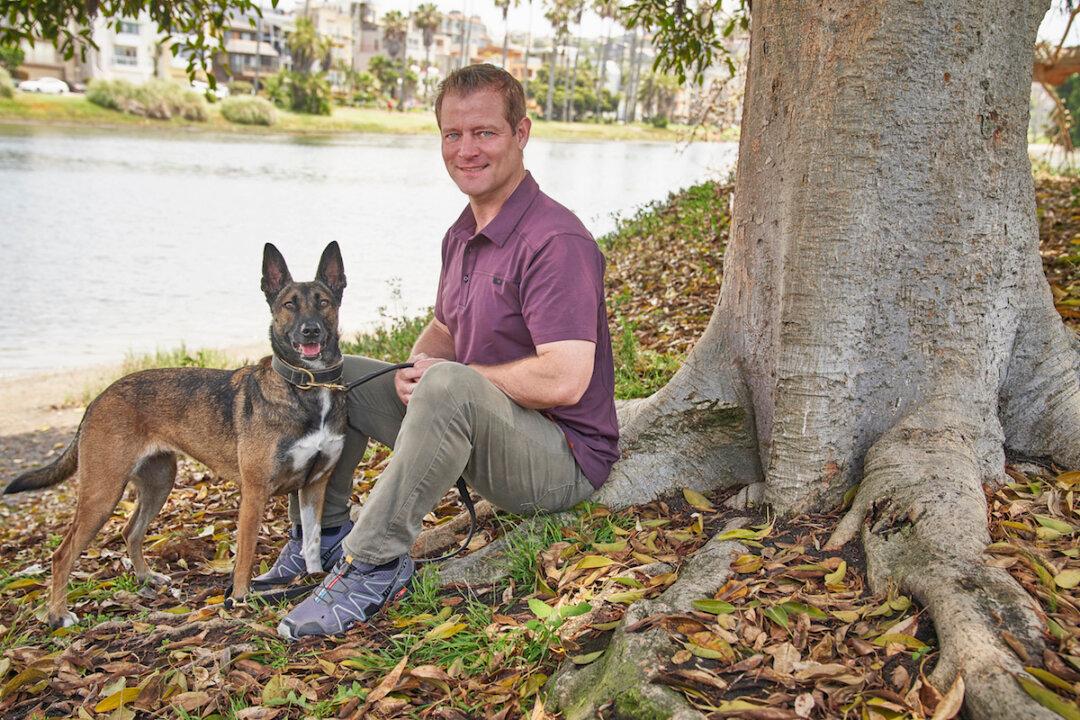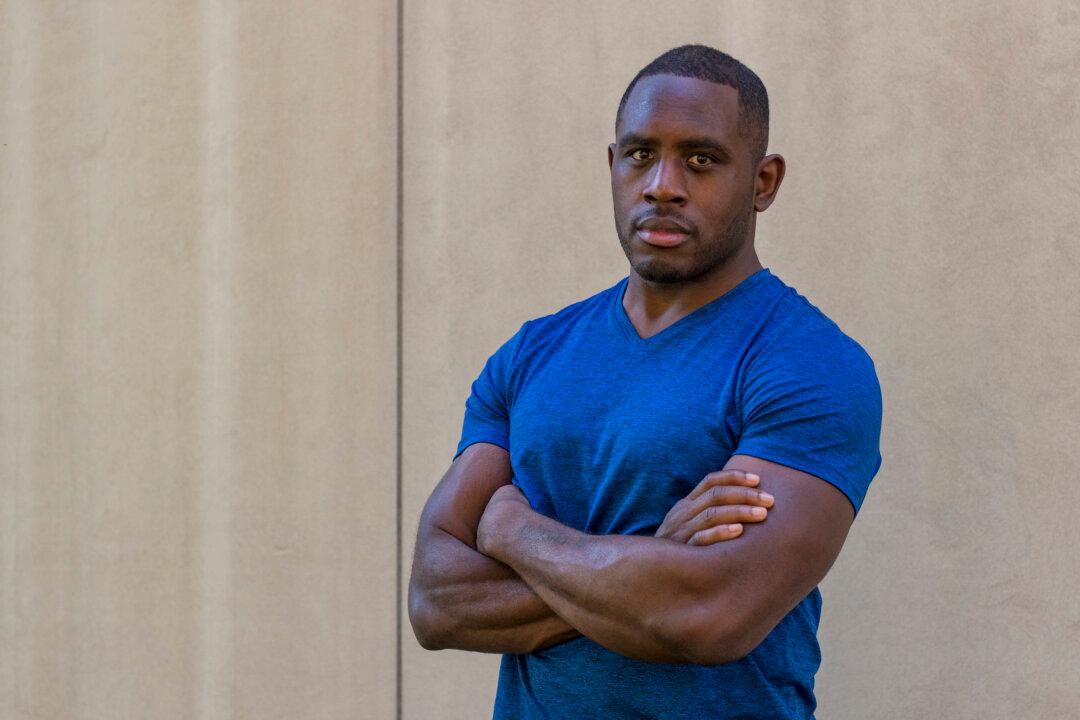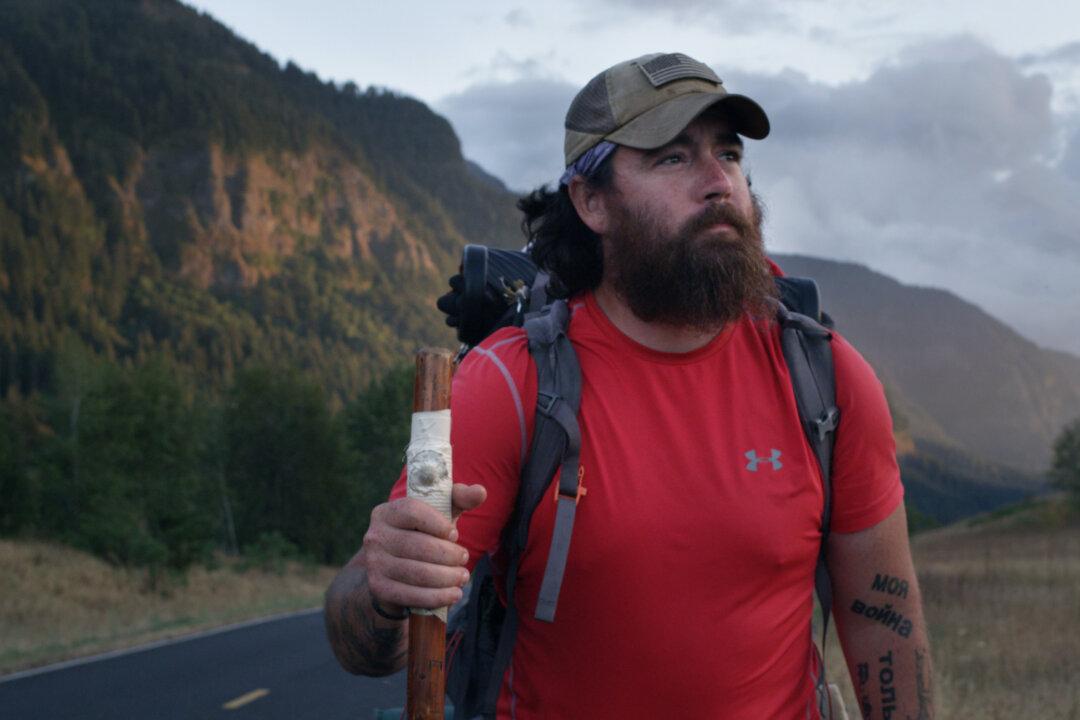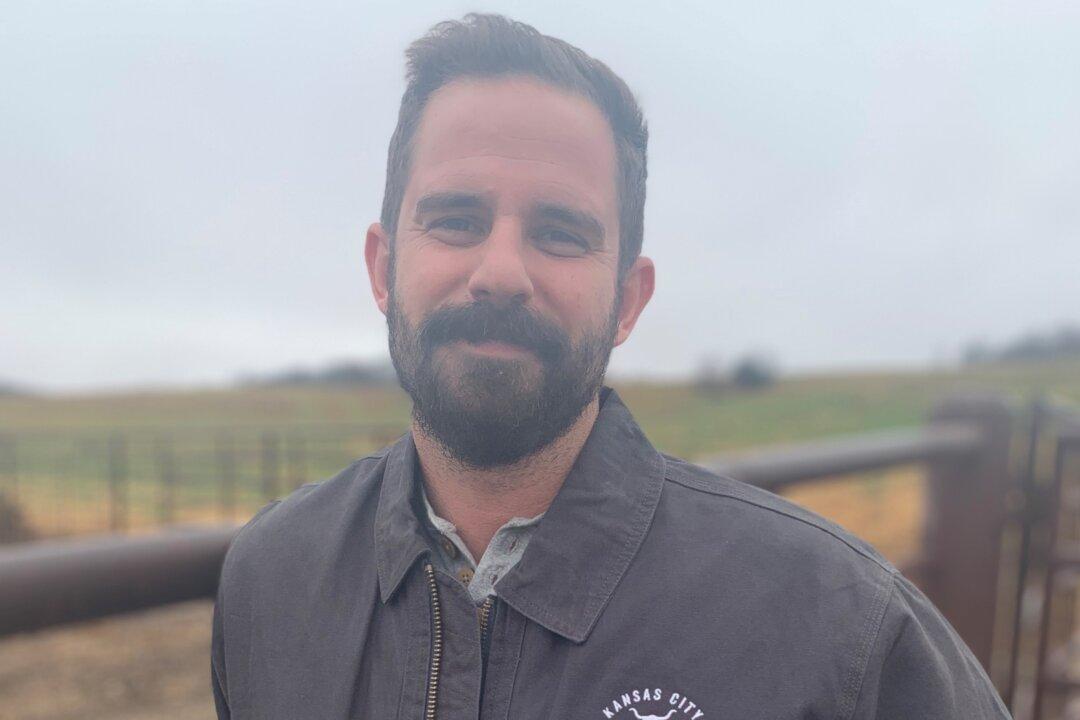Dogs can be affectionate, loyal pets but they are capable of more than playing fetch and enjoying belly rubs. Canines are invaluable partners for military and law enforcement when it comes to narcotics detection, explosive detection, and personal protection. One man has been training canines for the last 27 years, and it all started with his own childhood dog.
Jeffrey Scott Franklin is a 47-year-old United States Marine Corps veteran and retired police and SWAT officer from Virginia Beach, and has had an affection for dogs ever since he was a child. One of his teachers in school was a retired canine police officer, and would tell Franklin and the other students about his time on the job. Franklin harassed his teacher to bring his dog to school for about a year until he obliged.






